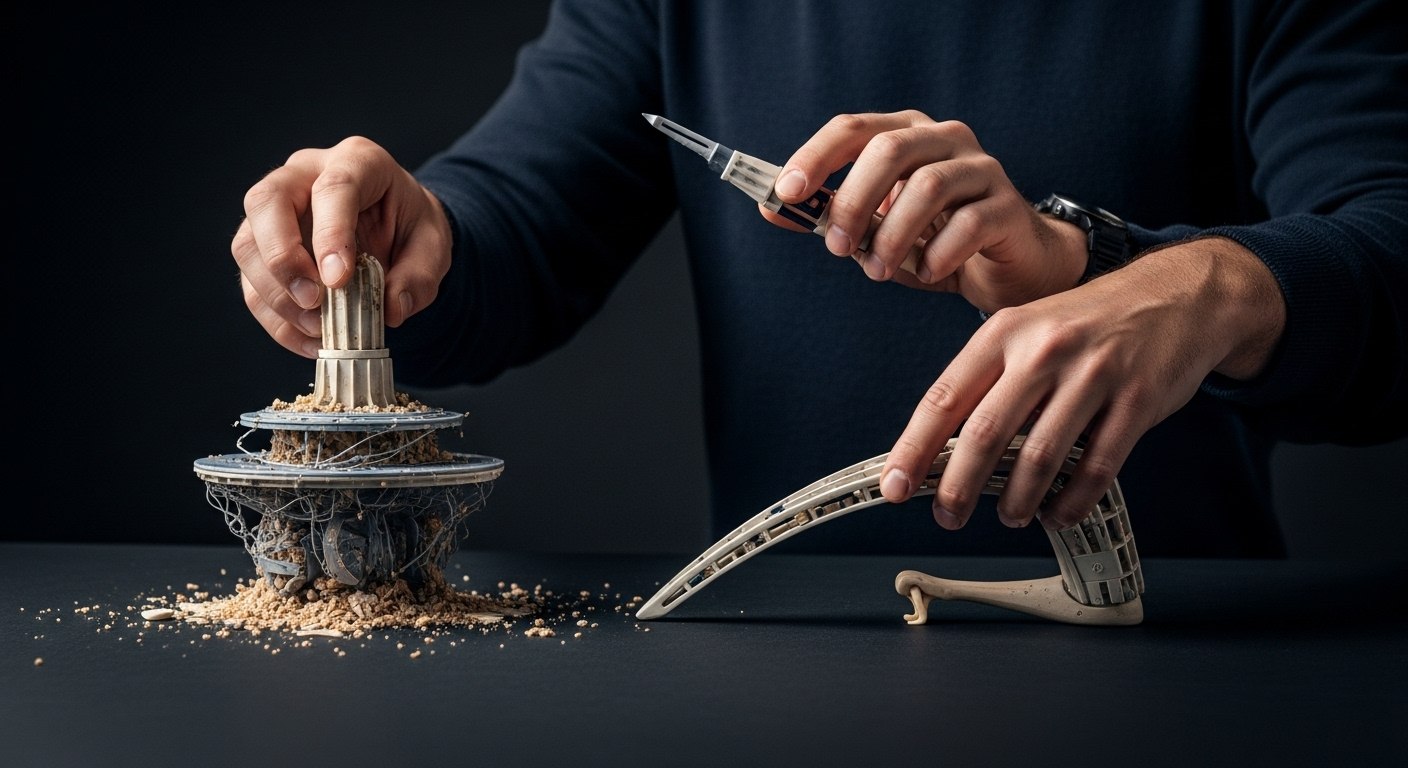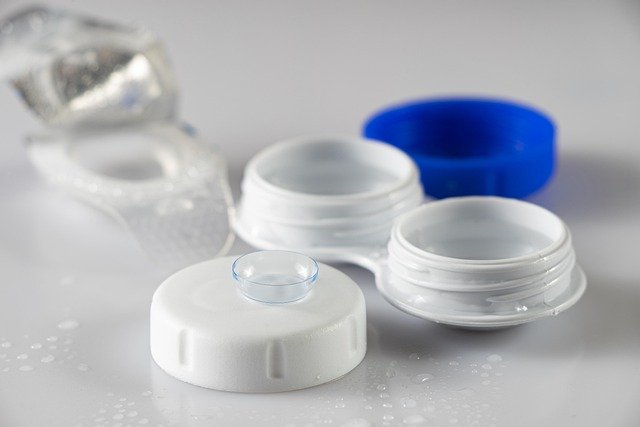Training Programs for Aspiring Plumbers in Montreal
In Montreal, individuals interested in pursuing a career in the plumbing field can benefit from specialized training programs. These programs provide foundational knowledge and practical skills essential for success in plumbing. Participants will engage in hands-on learning experiences that prepare them for the various challenges encountered in the industry.

The plumbing industry in Montreal continues to provide stable career opportunities for those with proper training and certification. Whether you’re a recent high school graduate or someone looking to change careers, understanding the available educational pathways can help you make informed decisions about entering this essential trade.
Understanding the Basics of Plumbing Training in Montreal
Montreal’s plumbing training landscape offers multiple entry points for aspiring professionals. The Quebec construction industry is regulated by the Commission de la construction du Québec (CCQ), which oversees training standards and certification requirements. Most formal plumbing education begins with a Diploma of Vocational Studies (DEP) in Plumbing and Heating, typically a 1,680-hour program offered through vocational training centers across the city.
These programs combine classroom instruction with hands-on workshop experience, covering fundamental topics such as blueprint reading, pipe installation, fixture installation, water distribution systems, drainage systems, and applicable building codes. Students learn to work with various materials including copper, PVC, cast iron, and newer composite materials. The curriculum also includes safety protocols, tool usage, and basic mathematics required for calculating measurements, angles, and material requirements.
Most vocational schools maintain relationships with local employers, providing students with valuable industry connections before graduation. Some schools also offer bilingual instruction, reflecting Montreal’s unique linguistic character and preparing graduates to work in both French and English environments.
Essential Skills Acquired Through Comprehensive Training Programs
Professional plumbing training in Montreal goes far beyond teaching students how to unclog drains or fix leaky faucets. Comprehensive programs develop a diverse skill set that combines technical knowledge, practical abilities, and professional competencies.
Technical skills form the foundation of plumbing education. Students learn to install, repair, and maintain various plumbing systems, including water supply, waste removal, and ventilation. They become proficient in interpreting building plans, understanding mechanical drawings, and applying relevant codes and regulations. Troubleshooting skills are emphasized, as plumbers must often diagnose complex problems within existing systems.
Physical abilities are also developed, as plumbing work requires manual dexterity, strength, and stamina. Students practice working in confined spaces and learn proper body mechanics to prevent injury while handling tools and materials. Additionally, training programs incorporate technology education, introducing students to digital tools for system design, diagnostic equipment, and business management software increasingly used in the field.
Professional skills receive significant attention as well. Communication abilities are crucial, as plumbers must explain technical issues to clients, coordinate with other tradespeople, and document their work clearly. Time management, customer service, and basic business principles are typically covered to prepare graduates for both employment and potential entrepreneurship.
Pathways to a Career in the Plumbing Industry
The journey to becoming a licensed plumber in Montreal follows a structured progression. After completing a vocational diploma, graduates typically enter an apprenticeship period, working under the supervision of experienced journeypersons while continuing their education through the CCQ. This apprenticeship generally lasts 8,000 hours (approximately four years), combining paid work experience with periodic classroom instruction.
During the apprenticeship phase, individuals earn while they learn, gradually taking on more complex tasks as their skills develop. The hands-on experience is invaluable, exposing apprentices to real-world scenarios and challenges that classroom training alone cannot replicate. Apprentices must maintain logbooks documenting their hours and experience across different aspects of the trade.
After completing the required apprenticeship hours and passing the provincial qualification examination, individuals become certified journeyperson plumbers. At this stage, career options expand significantly. Many continue working for established plumbing companies, while others pursue specialization in areas such as medical gas systems, fire protection, or industrial plumbing. Some eventually establish their own businesses after gaining sufficient experience and business knowledge.
Continuing education remains important throughout a plumber’s career, as building codes evolve, new technologies emerge, and sustainable practices become increasingly important. The CCQ and various industry associations offer ongoing professional development opportunities to help plumbers maintain and expand their expertise.
Training Program Costs and Financial Support Options
The financial investment required for plumbing training in Montreal varies depending on the institution and program structure. Understanding these costs and available support options is essential for prospective students planning their education.
| Training Provider | Program Duration | Approximate Cost (CAD) | Financial Aid Available |
|---|---|---|---|
| École des métiers de la construction de Montréal | 16 months | $800-1,500 for Quebec residents | Yes - Government loans and bursaries |
| Centre de formation professionnelle des Riverains | 16 months | $800-1,500 for Quebec residents | Yes - Employment Quebec funding |
| Pearson Adult Career Centre | 16 months | $800-1,500 for Quebec residents | Yes - Multiple funding options |
| Commission scolaire Marguerite-Bourgeoys | 16 months | $800-1,500 for Quebec residents | Yes - Financial assistance available |
Prices, rates, or cost estimates mentioned in this article are based on the latest available information but may change over time. Independent research is advised before making financial decisions.
Quebec residents benefit from heavily subsidized vocational training, making the direct tuition costs relatively affordable compared to other regions. However, students should also budget for required tools, safety equipment, and learning materials, which can add $1,000-2,000 to the initial investment. International students and non-Quebec residents face significantly higher tuition fees, often ranging from $15,000-20,000 for the same programs.
Financial assistance is available through various channels. The Quebec government offers loans and bursaries through the Aide financière aux études program. Employment Quebec provides funding for eligible individuals, particularly those changing careers or returning to the workforce. Additionally, some union organizations and industry associations offer scholarships or apprenticeship grants to promising students.
Industry Recognition and Certification Requirements
Completing a training program is just the beginning of professional credentialing for Montreal plumbers. The industry operates under strict regulatory oversight to ensure public safety and service quality. Understanding these requirements helps aspiring plumbers plan their career progression effectively.
The CCQ issues competency certificates for apprentices and journeypersons based on their training and experience. These certificates must be renewed annually and serve as proof of qualification to work legally in the construction sector. Different certificates exist for various specializations within the plumbing trade, allowing professionals to demonstrate expertise in specific areas.
Beyond the mandatory CCQ certification, plumbers can pursue additional credentials to enhance their employability and expertise. Gas fitting endorsements allow plumbers to work on natural gas systems, while medical gas certifications qualify them for hospital and healthcare facility work. Backflow prevention certification is increasingly valuable as water safety concerns grow. Sustainable plumbing practices certifications are gaining importance as environmental considerations become more prominent in construction.
Maintaining certifications requires ongoing professional development and periodic renewal. Most credentials have continuing education requirements, ensuring that plumbers stay current with evolving technologies, materials, and code requirements throughout their careers.
Emerging Trends in Plumbing Education
Montreal’s plumbing training programs are evolving to address industry changes and technological advancements. Today’s plumbing students encounter curriculum elements that weren’t present in previous generations’ training, preparing them for the future of the profession.
Sustainable plumbing practices have become integral to modern training. Students learn about water conservation systems, energy-efficient water heating, greywater recycling, and rainwater harvesting. These environmentally conscious approaches are increasingly demanded by clients and required by updated building codes.
Digital technology integration is transforming how plumbers work. Training now often includes introduction to Building Information Modeling (BIM) software, digital diagnostic tools, and smart plumbing systems that can be monitored and controlled remotely. Students learn to interface with these technologies and understand how they impact traditional plumbing work.
Cross-trade collaboration skills are emphasized more than ever. As building systems become more integrated, plumbers must coordinate effectively with electricians, HVAC technicians, and other construction professionals. Many programs now include modules on collaborative project management and interdisciplinary communication.
The plumbing profession in Montreal continues to evolve, and training programs adapt accordingly. By choosing quality education and maintaining a commitment to ongoing learning, aspiring plumbers can build rewarding careers in this essential trade that combines technical expertise with practical problem-solving.




